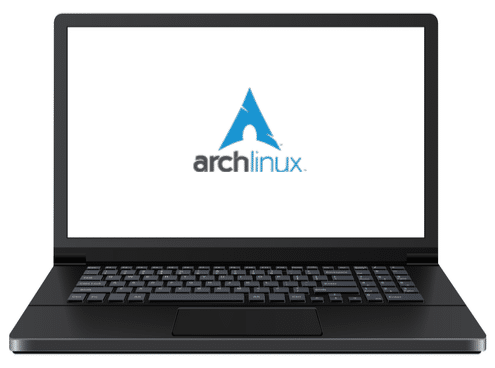Some laptops are better suited for running Linux than others. While many Linux users enjoy solving various software issues caused by incompatible hardware, most prefer to focus on more fruitful pursuits. If you count yourself among those who expect their electronic devices to work flawlessly and are in store for a new laptop, this article is for you.
Dell XPS 13 9370
The latest iteration of Dell’s popular ultrabook features an Intel Core 8th Generation i7-8550U processor, 16 GB of memory, 512 GB PCIe solid state drive, the Intel UHD Graphics 620 integrated graphics card, and a gorgeous InfinityEdge Touch display with a resolution of 3840 x 2160 pixels.
The laptop ships either with Windows or Ubuntu, but it doesn’t matter which version you go with because there are only minor differences between them. Some Arch Linux users have experienced issues with the webcam, which seem to be related to the webcam’s firmware. Those who are affected may contact Dell to have their webcam replaced with a webcam that uses Linux-compatible UVC 1.0 firmware.
Apart from this, the Dell XPS 13 9370 works flawlessly with Arch Linux and delivers a formidable performance while being elegant.
Lenovo ThinkPad T470
Linux users have always had a soft spot for Lenovo’s ThinkPads. These productivity-oriented machines are engineered for heavy daily use, and they’ve been battle-tested by generations of programmers, system administrators, and STEM students. The Lenovo ThinkPad T470 is a well-rounded and relatively affordable laptop that’s perfect for someone who doesn’t intend to play AAA games or store hundreds of gigabytes of multimedia.
Arch Linux runs great on the T470, the only exception being the fingerprint reader. At the moment, the fingerprint reader doesn’t work at all, but this may change very soon considering how many Linux users use and love this laptop. The Arch Linux Wiki page about the T470 contains several helpful tips that make it possible to enjoy this rugged and capable laptop to its full potential.
HP Envy x360
The HP Envy x360 is a powerful convertible with 16 GB of memory, the Intel UHD Graphics 620 integrated graphics card, 1 TB SATA hard drive for storage, 128 GB PCIe NVMe M.2 solid state drive for the operating system, an Intel Core i7-8550U processor, and a 15.6-inch full HD micro-edge WLED-backlit multitouch-enabled edge-to-edge glass IPS display.
HP laptops, including the company’s convertibles, are known to work great with Arch Linux, and the HP Envy x360 is no exception. Just make sure to use the latest version of Linux kernel and always read the release notes of important system packages before updating.
The only major downside of the HP Envy x360 is its below-average battery life, but even that can be somewhat solved with certain Linux power-saving features and perhaps a small power bank.


